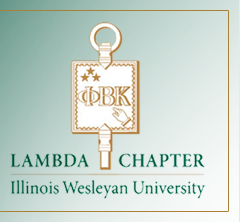Vicious Cycle or Business Cycle?: Explaining Political Violence in Northern Ireland After the Troubles
Graduation Year
2014
Abstract
There are currently two schools of thought that seek to explain the persistence of political violence in Northern Ireland, one with a sociopolitical focus and the other with an economic focus. Expanding on past economic theory, this paper utilizes several multiple regression models to test the applicability of the economic school’s relative deprivation theory in the fifteen years since the Troubles were formally ended with the signing of the Good Friday Agreement. The basis of this theory is that as economic conditions worsen in a given area, the number of acts of political violence should also increase. This study specifically looked at the effects of a rising unemployment rate and its relationship to political violence. While no such relationship could be observed, there was a statistically significant relationship between Gross Domestic Household Income and the number of acts of political violence, which supports relative deprivation theory. These findings imply that policymakers in Northern Ireland should focus their efforts not on reducing the unemployment rate but rather on increasing the average level of income.
Recommended Citation
Burke, Lauren
(2014)
"Vicious Cycle or Business Cycle?: Explaining Political Violence in Northern Ireland After the Troubles,"
CrissCross: Vol. 2:
Iss.
1, Article 4.
Available at:
https://digitalcommons.iwu.edu/crisscross/vol2/iss1/4


Comments
This article was also selected to be published in Res Publica, volume 19, 2014.